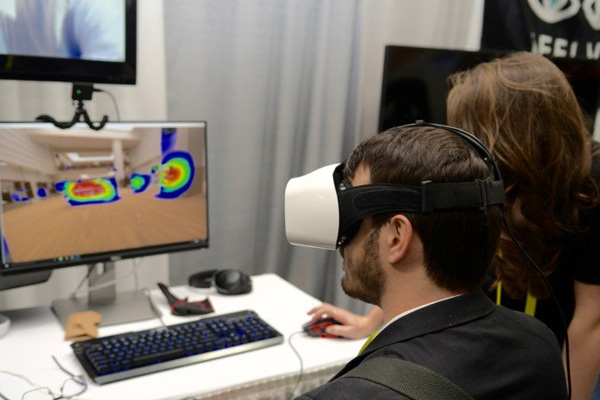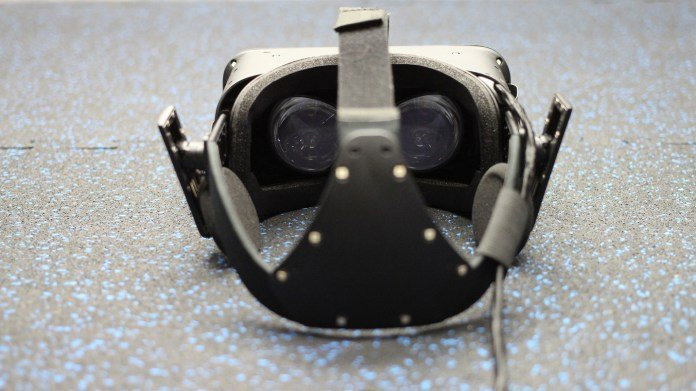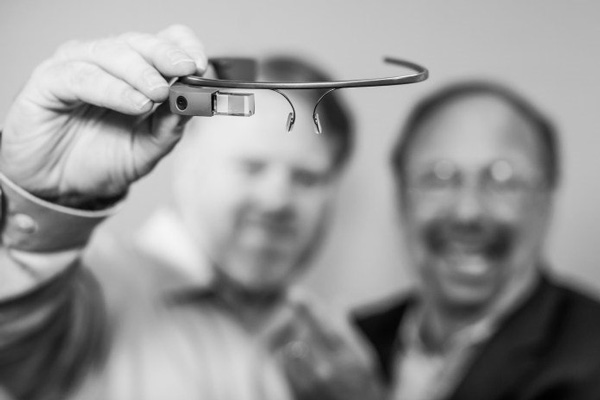AR and VR, the most advanced technologies in the world, but with unpredictable risks?
Augmented reality (AR) and virtual reality (VR) are the two most advanced technologies in the world today. VR and AR are gradually becoming a trend of future development and increasingly useful in many different fields and services, including sports, education, health and many other professional professions but Is there any potential risk attached? Let's find out!

Adding a new type of personal data also adds a new privacy risk
The power to track users of companies increases with technology development. Google always knows the exact location and your travel habits thanks to mobile technology, wearable devices that collect data about user health .
For devices that support AR / VR use such as telescopes, technology companies can collect user data through eyes, gestures, how users respond, interact with image content. . Even if the VR glasses are used with hand-held devices, the user's movements, gestures, and physical behaviors can also be monitored and recorded. The valuable data that companies collect when users receive and welcome VR / AR will help them better understand the user and also earn more money.

The data security that the companies providing AR / VR from users is a big challenge for them. Companies must be transparent in how they collect, store, share with third parties (if any) and protect users' private data security.
Large technology companies have a new way to manipulate users?
Personal data and personal data collection are not bad, but if they fall into the wrong hands they will become tools to cause many crimes. The most obvious demonstration is that big tech companies such as Google, Facebook or Amazon have faced many concerns about privacy and security.

An invisible race about strong ongoing user data collection among the big tech companies. The collected user data will be used for commercial purposes such as displaying compelling content so users cannot take their eyes off the application (Facebook) or create the most compelling ads. , true to the needs of most customers (Google and Amazon). With user data collected through AR / VR glasses, the above companies will know exactly and in detail the interactions of each customer with the content displayed on the glass. That means they will have more control and users' autonomy will be lessened.
Is AR and VR secure enough?
The AR works by displaying information and graphic details that overlap with the real world. If control of an AR device is occupied by a bad person, it will cause immeasurable consequences for the user. For example, a doctor used the AR monitor to check the health signals of many patients, but the information and figures displayed were changed by the bad guys, which put the patients at risk.

VR is confined to a closed environment and VR itself does not have much interaction with the real world so it may not be as threatening as AR but can still be dangerous if hacked. For example, a hacked VR glass can display spooky content causing dizzying nausea for users.
The quality of life of people is increasingly enhanced by the development of technology but with it there are risks of information security, personal safety and threats that no one can measure. all. To protect themselves, consumers must equip themselves with basic knowledge as well as a sense of vigilance with this promising but equally dangerous technology.
See more:
- What is AR? What is VR? Are these two technologies similar and different?
- How valuable is the user's personal data?
- This is what Google and Facebook know about you, be prepared to not be shocked
You should read it
- ★ Facebook was sued collectively because of biometric data collection, which could cost billions of dollars
- ★ Microsoft and Apple are the most trusted technology giants
- ★ Should we worry about location access?
- ★ JavaScript takes user data via the 'Sign in with Facebook' feature
- ★ The way Facebook collects user information even without an account